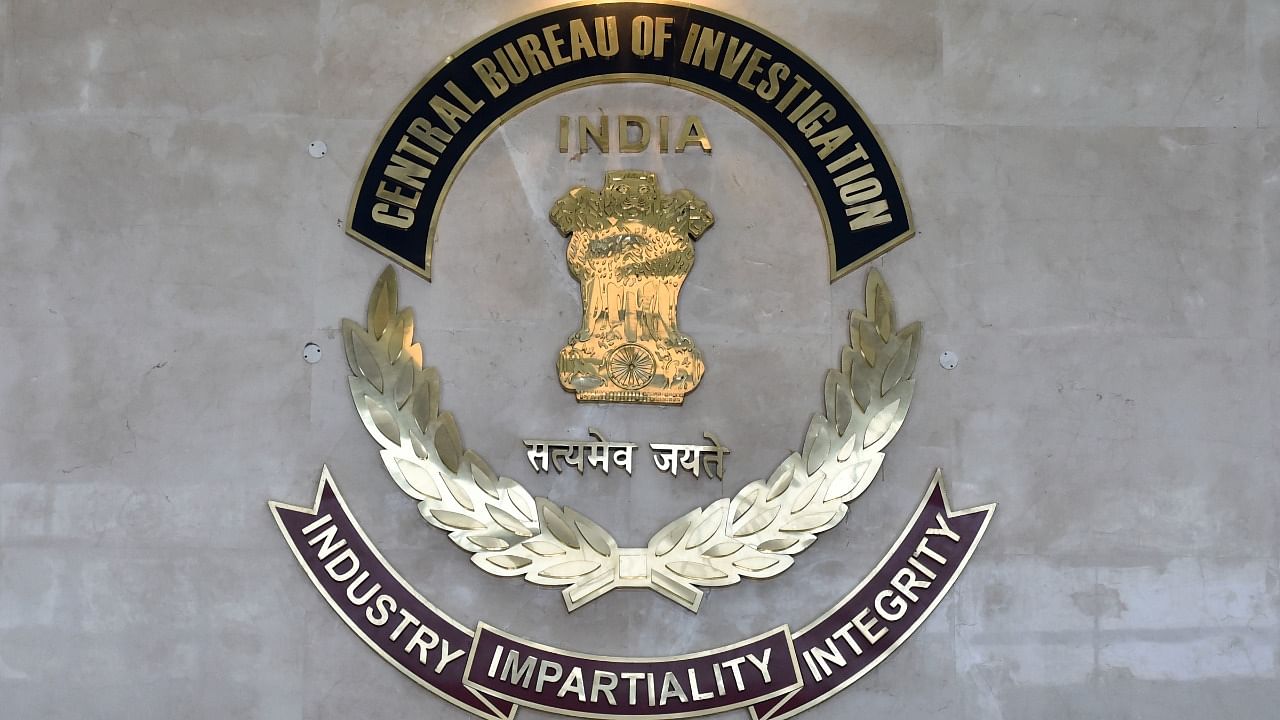
The Supreme Court on Friday held that it is not mandatory for the CBI to launch a preliminary enquiry before lodging the FIR in all cases of corruption.
The CBI can directly register a regular case instead of conducting a preliminary enquiry on receiving source information disclosing the commission of a cognisable offence, it said.
"The precedents of this court and the provisions of the CBI Manual make it abundantly clear that a preliminary enquiry is not mandatory in all cases which involve allegations of corruption. The decision of the Constitution Bench in Lalita Kumari case holds that if the information received discloses the commission of a cognisable offence at the outset, no preliminary enquiry would be required," a three-judge bench presided over by Justice D Y Chandrachud said.
In its 64-page judgement, the court said to issue a direction for conducting preliminary enquiry in all cases will be tantamount to stepping into the legislative domain.
The bench, also comprising Justices Vikram Nath and B V Nagarathna, however, pointed out registration of a regular case can have disastrous consequences for the career of an officer, if the allegations ultimately turned out to be false.
In a preliminary enquiry, the CBI is allowed access to documentary records and speak to persons just as they would in an investigation, which entails that information gathered can be used at the investigation stage as well, the court pointed out.
Hence, conducting a preliminary enquiry would not take away from the ultimate goal of prosecuting accused persons in a timely manner, it said.
"However, we once again clarify that if the CBI chooses not to hold a preliminary enquiry, the accused cannot demand it as a matter of right," the bench said.
The court gave this ruling while setting aside a Telangana HC judgement which quashed a 2017 FIR against civil servant turned politician, state Education Minister Audimulapu Suresh and his IRS wife, T N Vijayalakshmi, in a case of possessing assets disproportionate to their known sources of income.
Among other reasons, the High Court had on February 11, 2020 said the CBI should have conducted preliminary enquiry into the matter as per its manual before registering a regular case, i e, the FIR.
The CBI challenged the validity of the High Court's saying it had gone far beyond the ambit of its jurisdiction by virtually conducting a trial in an effort to absolve the accused.
The CBI claimed the couple was found in possession of disproportionate assets to the tune of Rs 1,10,81,692/- which is 22.86 per cent more than the known sources of income.
The CBI's ACB Chennai registered an FIR on September 20, 2017 against 1992-batch IRS officer Vijayalakshmi and YSRCP MLA Suresh, alleging they they have acquired assets to the tune of Rs 5,95,58,322 against the income of Rs 4,84,76,630 during check period of April 1, 2010 to February 29, 2016. Therefore, it was alleged they had acquired disproportionate assets to a tune of Rs 1,10,81,692 which is 22.86 per cent of their income.
Watch latest videos by DH here:
